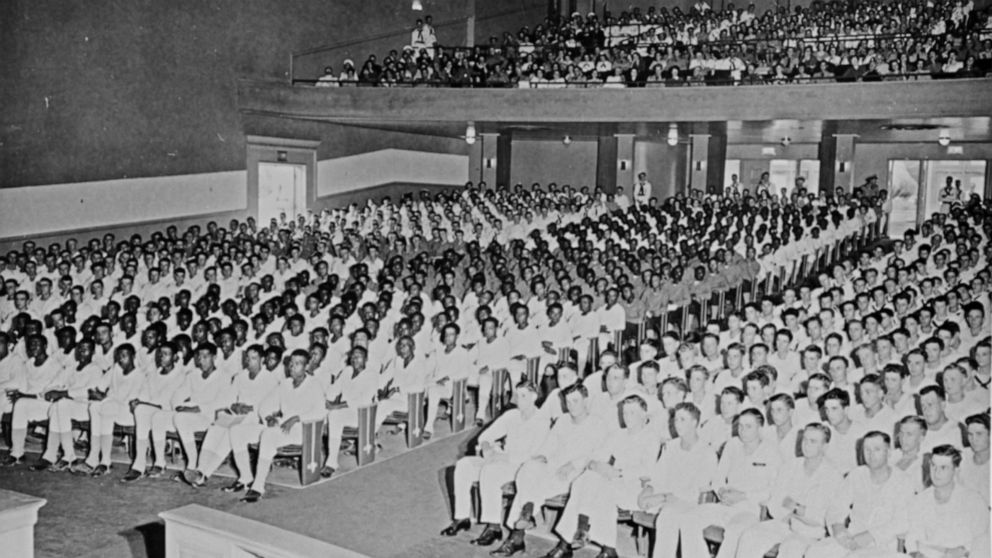

The cost of that loophole became apparent in Richardson v. Yet it also permits states to deny the vote for “participation in rebellion or other crime.” Section 2 of the amendment created a gaping constitutional loophole that has maintained felony disenfranchisement as voter suppression’s sturdiest tool. Upon the 150th anniversary of the Fourteenth Amendment this July, scholars, celebrities, and political leaders lauded its historic and continued promise of “equal protection” and “due process” for all. The votes of those enfranchised through these reforms should be continuously earned by all candidates and political parties.Īlabama’s re-enfranchisement is not yet complete, nor are similar efforts in other states.

The lesson should not be overstated or misconstrued no one can declare Jones’ win a direct or even partial result of the legislative reform, and we shouldn’t presume the Democratic Party to be the intended or automatic beneficiary of reductions in felony disenfranchisement. The race culminated in Doug Jones’ dramatic and unlikely victory as the state’s first Democratic senator in a quarter century. The change may have had an impact on the special election in December 2017 to fill Jeff Sessions’ U.S. With little fanfare, Ivey signed the bill, limiting the designation to fewer than 50 crimes and potentially enfranchising thousands of people with prior convictions. Kay Ivey easing the state’s disenfranchisement law by defining the phrase “moral turpitude” for the first time since it appeared in the 1901 constitution, and settling longstanding ambiguity about who could or could not vote. Facing federal litigation, legislators in May 2017 sent a bill to Gov. Its history betrays a truth the nation has continuously refused to recognize in the experience of its most intimately reviled child: enslaved Africans and their descendants. Black Americans constitute 2.2 million of the disenfranchised, banned from voting at four times the rate of all other racial groups combined. Increasingly, debates over the practice of conditioning voting rights on criminal record reference the laws’ historically racist motivations.įelony disenfranchisement has an undeniable racial present, not just past. According to the Sentencing Project, more than 6 million Americans cannot vote due to unprecedented mass incarceration and a patchwork of laws in 48 of the 50 states. Unable to explicitly ban black voters without violating federal law, the resulting state constitution declared persons “convicted of a felony involving moral turpitude” could not vote without havingĪlabama’s 1901 Constitution remains in force today, and felony disenfranchisement schemes with similar origins still shape electorates throughout the country. If we should have white supremacy, we must establish it by law - not by force or fraud.”

Knox explained, the delegates aimed “to establish white supremacy in this state. “Within the limits imposed by the Federal Constitution,” convention president John B. In 1901, delegates drafting a new constitution for Alabama knew their mission. Sign up for our newsletters to receive all of our stories and analysis. The Marshall Project is a nonprofit newsroom covering the U.S.


 0 kommentar(er)
0 kommentar(er)
